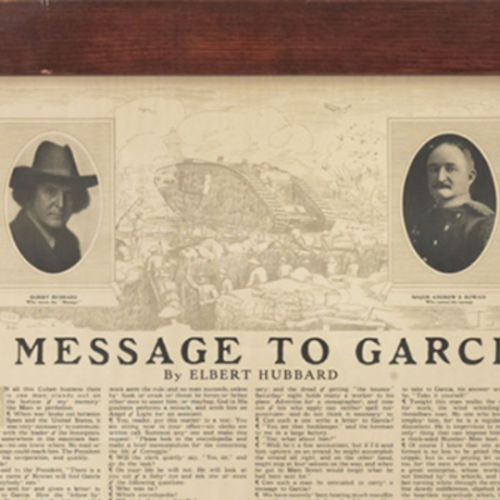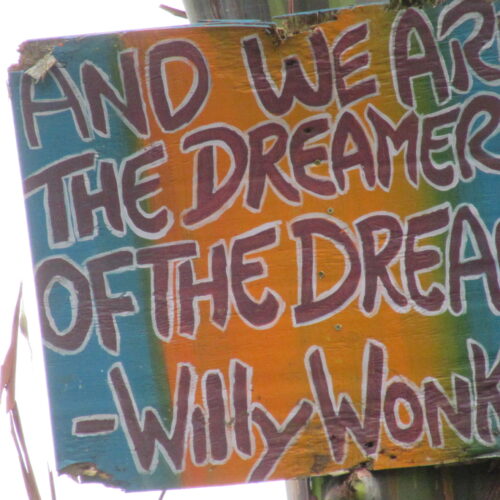An LCD flat screen television and a Playstation 3. That’s what I spent an entire paycheck on in 2006. Literally. Keep in mind that in 2006, flat screen LCD televisions were nowhere near as common as they are today. It’s laughable the ridiculous amount that I paid for it. It wasn’t exactly, “waste” as I was buying something I was going to use, but at the time, just out of college, needing to save for rent, having student loans and credit cards coming due, it definitely didn’t make the most sense numbers wise. But I’m definitely glad I did it, I’d do it again, and I’d recommend you do the same.
A couple months after I got my first job out of college I got a promotion to a different department in the company. With the change in title came an increase in pay. I decided I was going to spend virtually the entire check on some big ticket, big spend items. Within an hour period I had gone from a full pay period in the bank to a full home theater system.
So why did I do this? Because I made the decision to reward myself with one large treat before I set out on a plan to get rid of debt and save for the future. And it’s a strategy I’d recommend to everyone who starts working as a teenager, gets a new job out of college, or gets a promotion. This may sound quite different from the usual suggestions on the blog, but here are three reasons why I’d recommend you, “waste” your entire first paycheck.
1. You earned it.
In the course of saving, cutting expenses and planning, it’s just as important to have small victories often… as it is to have one prize at the end. I’d argue perhaps more important. American culture is extremely heavy on a very defined life goal. School, college, work, try to de-stress on the weekends, marriage, kids, get a week or two of vacation a year, work some more, retire at 70. Oh and THEN you can relax, spend time with family and friends, buy the new gadgets, travel or enjoy all those experiences you never had the chance to when you were younger. There is of course a balance between living like a miser for 50 years or spending yourself into destitution. If you just graduated and you’ve got your first job, or maybe you’e got a new job or a big promotion, congratulate yourself and celebrate.

2. You’ll realize that you’ve survived without the stuff you bought… And you can survive without it in the future.
At some point in their life every likes “stuff.” A new car, fancy clothing, the latest electronics. Even the most modest and minimalist person will admit it can be nice to have a luxury. From the helpful advanced appliance that makes work easier, to the media toy that plays the newest movie, to the status symbol that makes everyone “ooh” and “ahh.” But pretty soon after you buy your big ticket item, you’ll realize that at the end of the day it really is just, “stuff.” You survived without it up until that point, and if you really had to, you would again.
It’s at this point that you learn that a true value comes in the form of lasting experiences, friendships and relationships. It’s nice to have stuff, but think back upon something you bought that was a a real waste or just a bad investment. Did you really need that brand new electronic as opposed to a perfectly good model you had at the time? If you could do it again, would you rather have it? Or maybe rather have taken that $500, $1,000 or $5,000’s and invested it or put it towards a vacation you’d remember with a friend or family member? When you realize how much you spent a few months back and perhaps how rarely you really use that item, it will make you realize how you don’t need to buy those things again in the future.
3. Getting it “out of your system” will help with your long term success.
To me this is the most important one, and understanding it will do the most to help your long term finances.
So why blow your first paycheck? Because just as I’d advocate taking mini vacations throughout the year and throughout your life instead of waiting to do it all at 70, the same applies to your spending. In my case I spent my entire paycheck to the point of having to forage through my cabinets for stale pretzels for dinner. But it was only for two weeks. I survived. I made the conscious devision to blow my paycheck, enjoy the major purchase, revel in the fruits of my labor and then the next week say, “Okay, that was great. Now I’ll put together a plan to earn and save.” And I did. But some don’t do that. They think they’re being responsible while they’re actually spending more over time via small amounts and digging themselves into a deeper hole.
Instead of a large purchase all at once, it’s a slow bleed of cash and resources over the weekends, months and years. Eating out a half dozen times a week for a few years really adds up. Dropping $40 or $50 on a bar tab a few times a week over drinks with friends really adds up. Getting the huge cell phone or cable or satellite TV package even when you’re never home to use it… really adds up. The slow bleed of cash over weeks and months and years slowly grows and grows. The thinking is, “Well at least I’m not going out and spending $1,000 or $2,000 all at once on a big screen or diamond earrings. I’m being responsible!”
But over time, you’ll end up spending infinitely more on the smaller purchases and that will add up to huge numbers and perhaps the inability to build solid self-control for your future.
If the bar tabs and TV packages are the things you value, then stay with it. But if you’re looking to save, consider that spending a lot on a big purchase once and then moving on may actually set you up for greater financial success than feeling restricted to the point where you need to decompress every day by spending $50 at the bar, $20 for takeout and a continual bill for the latest and greatest movie packages. As Americans we’re conditioned to believe that so long as we’re not dropping three or four figures at the store, then we’re being responsible. But those consistent days of smaller spending really do add up.
So avoid the slow bleed, realize what’s truly important, and understand that it’s alright to congratulate yourself for your hard work. From my experience, I believe I was able to get my financial house in order several years ahead of my contemporaries by avoiding a long history of consistent wasteful spending and instead treating myself with an outlandish purpose early on.



